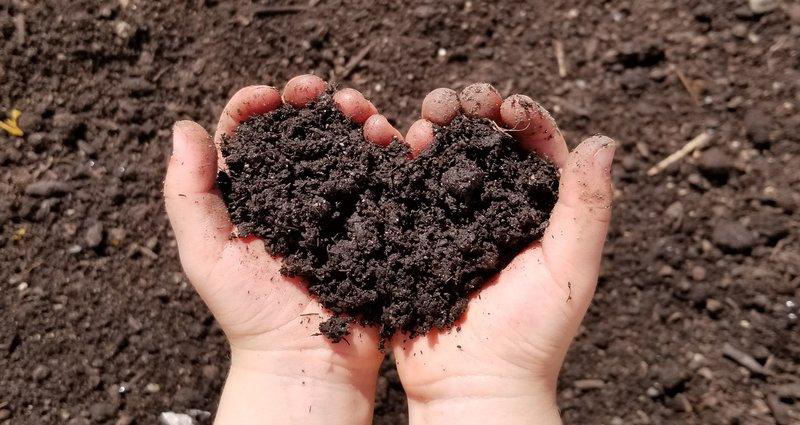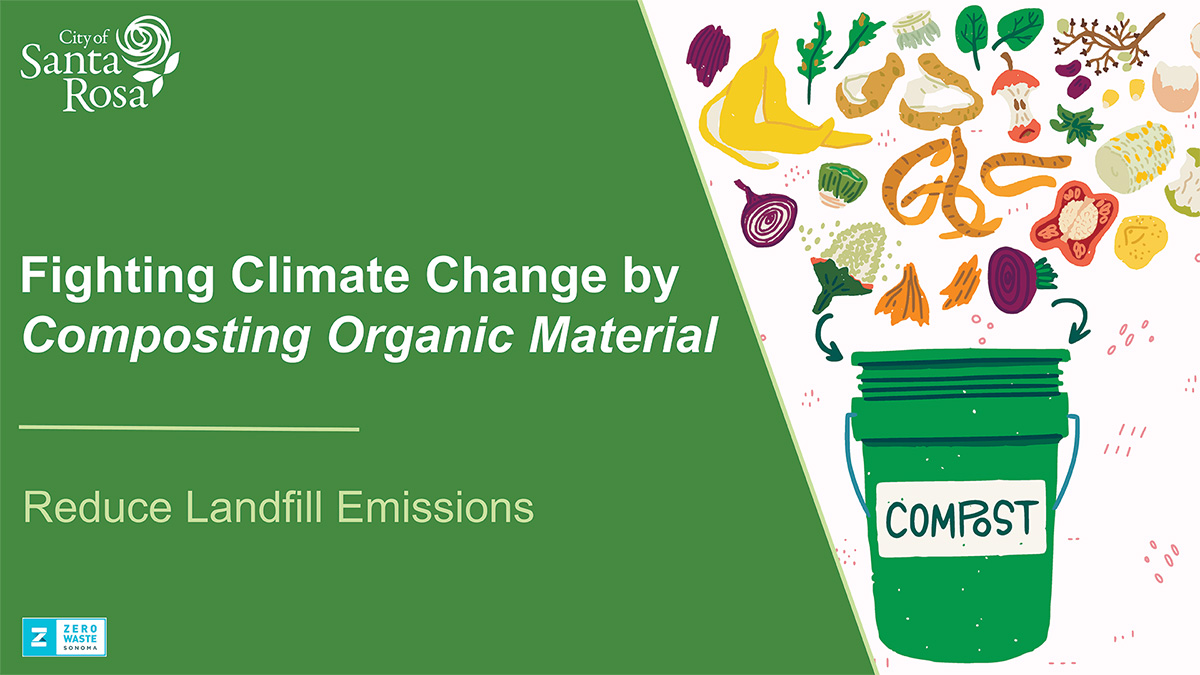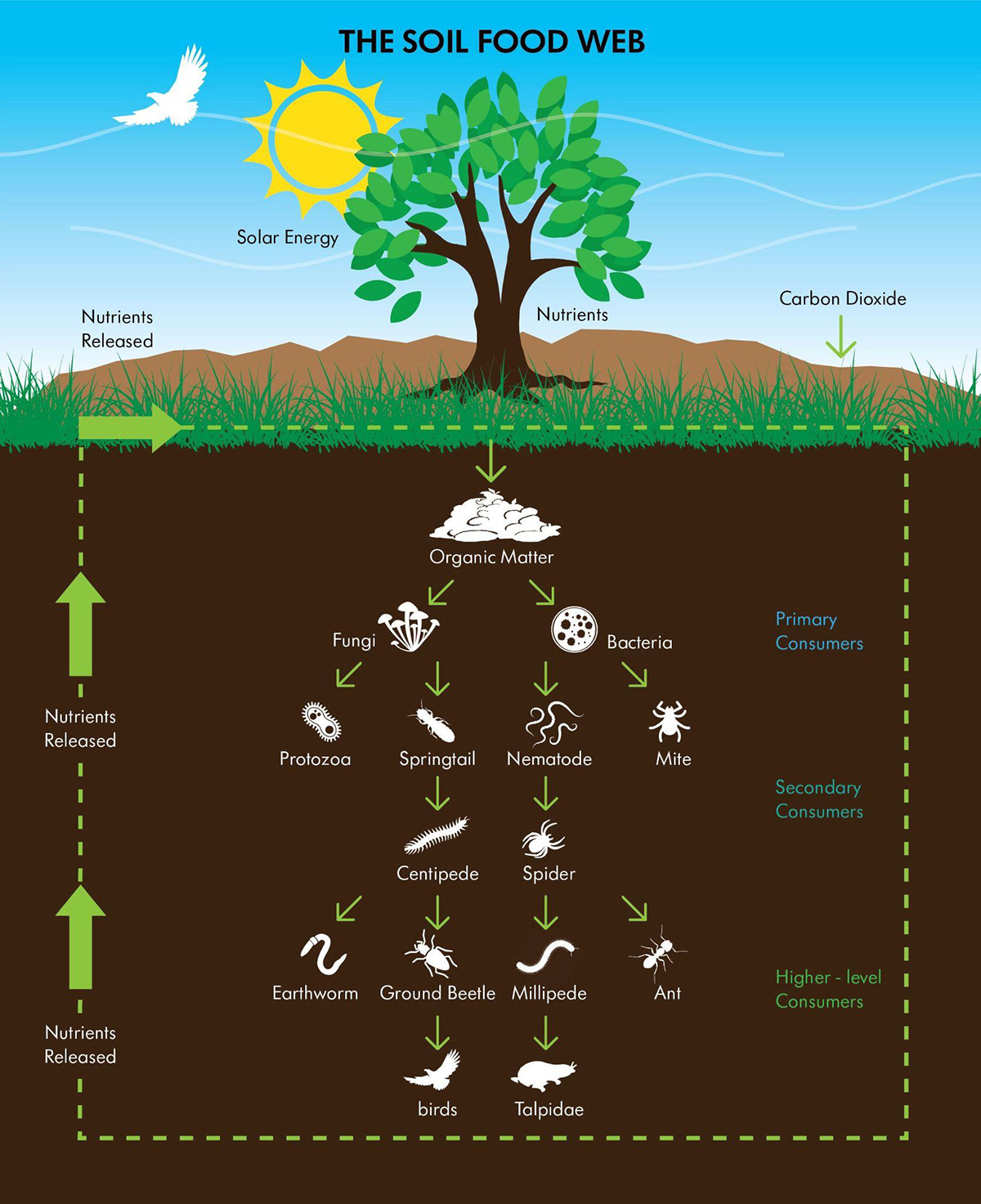
Composting for Your Plants and the Planet!
Composting has gained popularity in recent years as an alternative to petroleum and salt based fertilizers as well as a way to process household and garden waste without sending it to a landfill. Inspired Landscapes provides landscaping services in Sonoma County that include creating, sourcing, and installing compost at properties throughout the region.
Why Use Compost in a Landscape?
Compost is organic matter such as yard clippings which have gone through most of the decomposition process so it resembles what most of us would consider “soil” but still has a very high organic matter content which provides a range of benefits to a landscape. As organic matter continues to break down it acts as a slow release fertilizer. Additionally it increases water retention meaning your plants require less frequent irrigation and are more resistant to heat stress in hot summer months. Compost can be used in place of bark mulches to help reduce growth of weeds, retain moisture, and reduce the risk of spreading wildfire compared to bark mulches. As Sonoma County landscape contractors we are thrilled to partner with Zero-Waste Sonoma to utilize locally generated compost for the greater good.

How Does Compost Clean the Air?
While compost doesn’t directly clean the air, it does aid in sequestering carbon and reducing methane emissions at a number of levels. When organic materials like yard clippings or food waste are sent to a landfill, they are starved of oxygen which causes them to release methane. Methane has been shown to trap 86 times more heat in our atmosphere than carbon over the course of 20 years. Inspired Landscapes is a sustainable landscaping company who puts high value on ecologically beneficial practices, and as landscape designers in Sonoma County we strive to utilize compost and other organic sustainable products to limit our negative impacts on the climate.
Composting in place on your property reduces trucking of debris to a dumping site, tractors used to move the material around at a dumping site, and then more trucking to take it to a landfill. Using compost as fertilizer is highly effective and also eliminates the need to mine, extract, process, and ship granular or liquid fertilizers which also greatly reduces a garden’s carbon footprint, not to mention saving on plastics and other packaging commonly used in store bought and manufactured fertilizer. When organic debris is allowed to turn into compost the carbon is captured in the soil to be used by plants rather than being released into the atmosphere.

Feeding the Soil Food Web
Soil is alive! It’s full of microorganisms including fungi and bacteria that play an important role in the health of all plants. Compost is rich in these microorganisms and by spreading it as mulch or installing it during the planting process we are feeding our soils so that they remain healthy. Manufactured granular or liquid fertilizers often scorch this biodiversity by dramatically altering the pH or creating excess build up of salt that prevents plants from utilizing the minerals they need to thrive.
Compost does so much for our landscape and environment from material that could have ended up in our landfills and producing harmful methane gasses. It’s a no-brainer to contribute to the production of, and take advantage of the benefits from composting!

Owner, Inspired Landscapes LLC
Matthew Ripley is the owner of Inspired Landscapes LLC, a Healdsburg based landscape design, installation, maintenance, and irrigation firm serving Sonoma County. His work blends horticultural expertise with sustainable practices, drawing creative influence from Sierra backpacking and Sonoma winery estates to craft gardens that invite wildlife and year round color. Client testimonials highlight his design leadership on residential, estate, and winery properties across the region.





